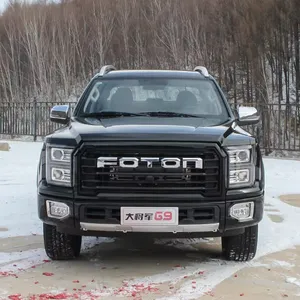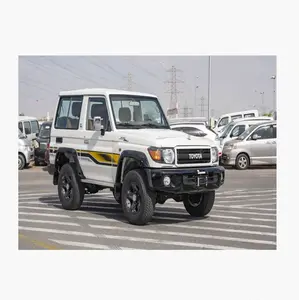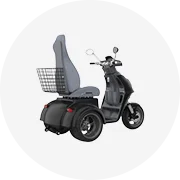Phổ biến trong ngành của bạn















Các tìm kiếm liên quan:




























Các danh mục hàng đầu
Giới thiệu về xe tải phá hủy isuzu mới
Với sự tiện lợi ngày càng tăng đi kèm với công nghệ, nhu cầu về xe tải phá hủy isuzu mới cũng tăng theo thời gian. Với việc sở hữu một chiếc xe tải thùng chở hàng phù hợp có thể giúp cho việc kinh doanh của bất kỳ công việc kinh doanh nào được nâng lên một cách hiệu quả. Do đó, chúng tôi cung cấp xe tải phá hủy isuzu mới giá sỉ để hỗ trợ trong quá trình này.
Quá trình chọn xe tải chở hàng chủ yếu dựa vào sự hiểu biết về mô hình kinh doanh hiện tại và tìm kiếm. Đối với những người mới bắt đầu, do các doanh nghiệp khác nhau phục vụ cho các nhu cầu khác nhau, việc xác định keyword hàng hóa sẽ giúp quyết định chiều cao và kích thước của xe tải chở hàng. Nếu công suất nhỏ hơn là đủ, thì xe tải thùng hoặc xe tải nhỏ có thể phù hợp. Nếu vấn đề cần quan tâm là mặt sau để lộ ra phía sau, thì một tấm bạt chở hàng có thể thực hiện thủ thuật này.
Khi các yếu tố trên đã thu hẹp lựa chọn, người dùng có thể xem xét các tính năng bổ sung để giúp thao tác dễ dàng hơn . Ví dụ, một người bốc dỡ hàng hóa bằng xe tải giường nằm, có thể làm cho quá trình xếp dỡ hàng hóa hiệu quả hơn. Đối với những người chưa quen, một người bốc dỡ hàng hóa sẽ giúp di chuyển sản phẩm bằng tay quay trên đỉnh một tấm kéo.
Từ xe tải hình khối đến xe tải thùng xe bán tải, chúng tôi cung cấp các sản phẩm để đáp ứng nhu cầu của những người khác nhau. hoạt động kinh doanh và cho phép công việc hiệu quả hơn.





















